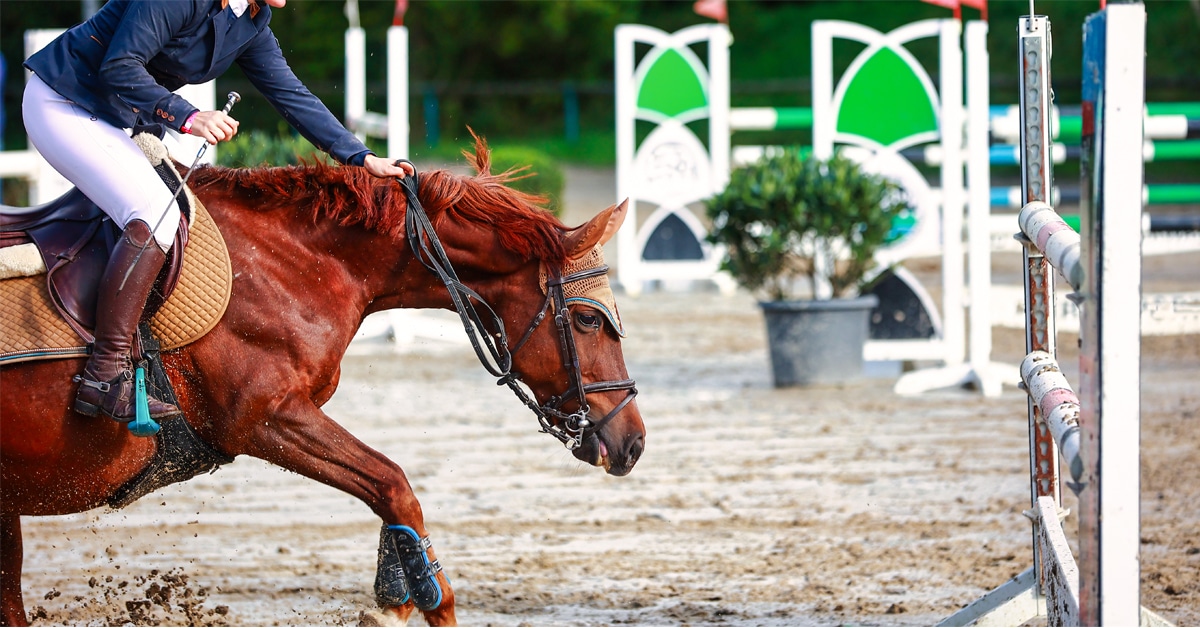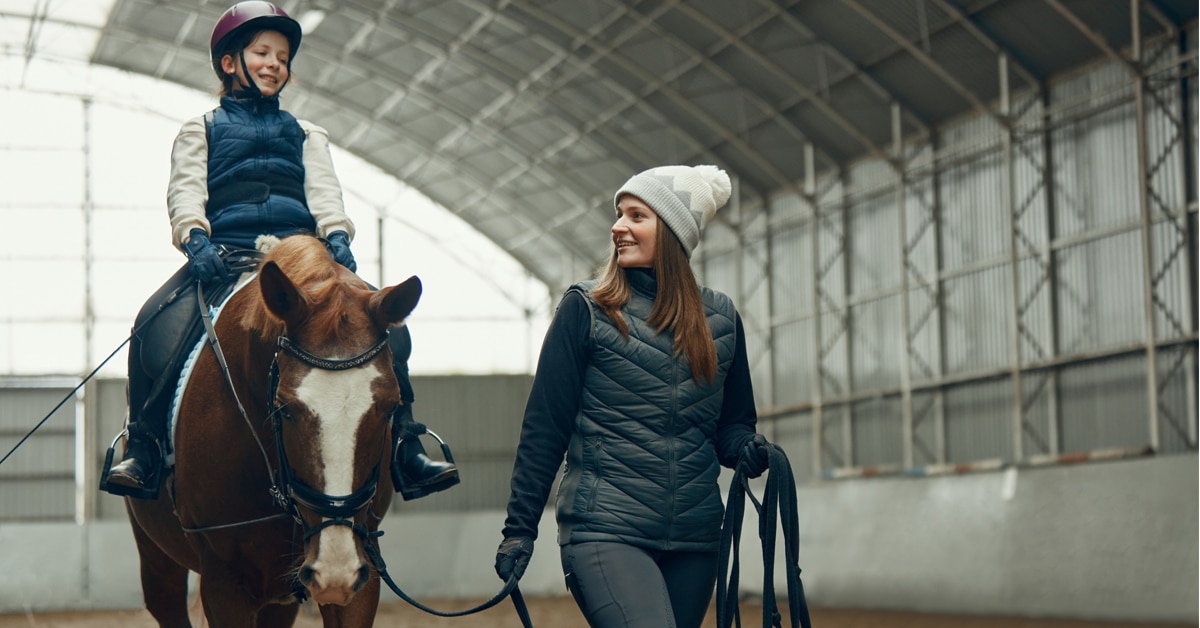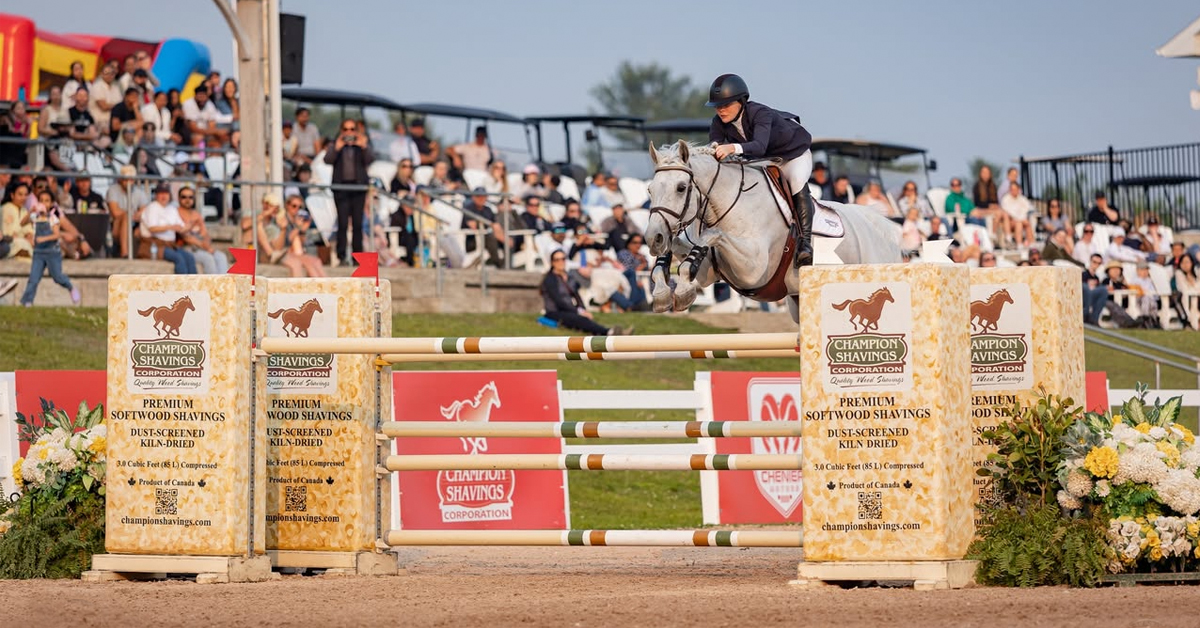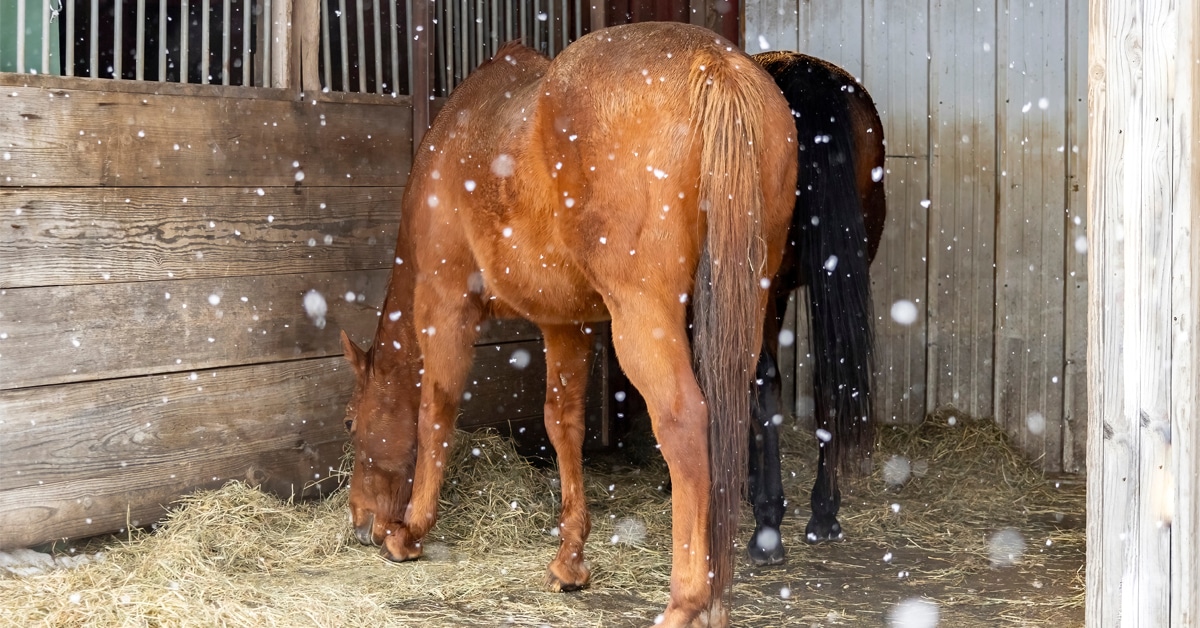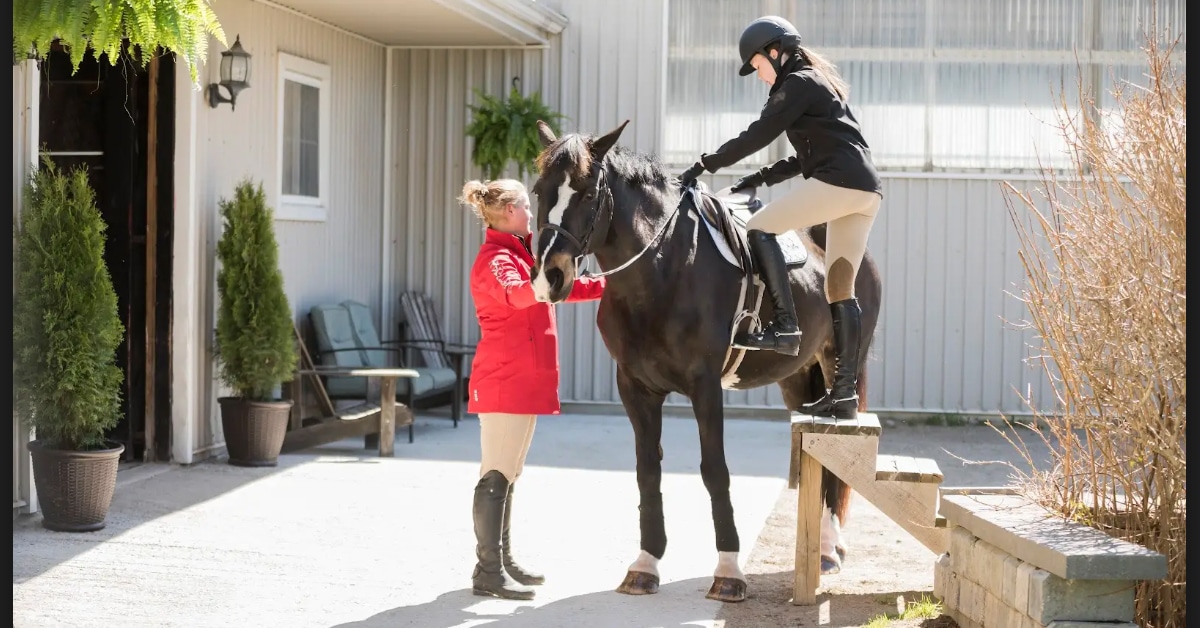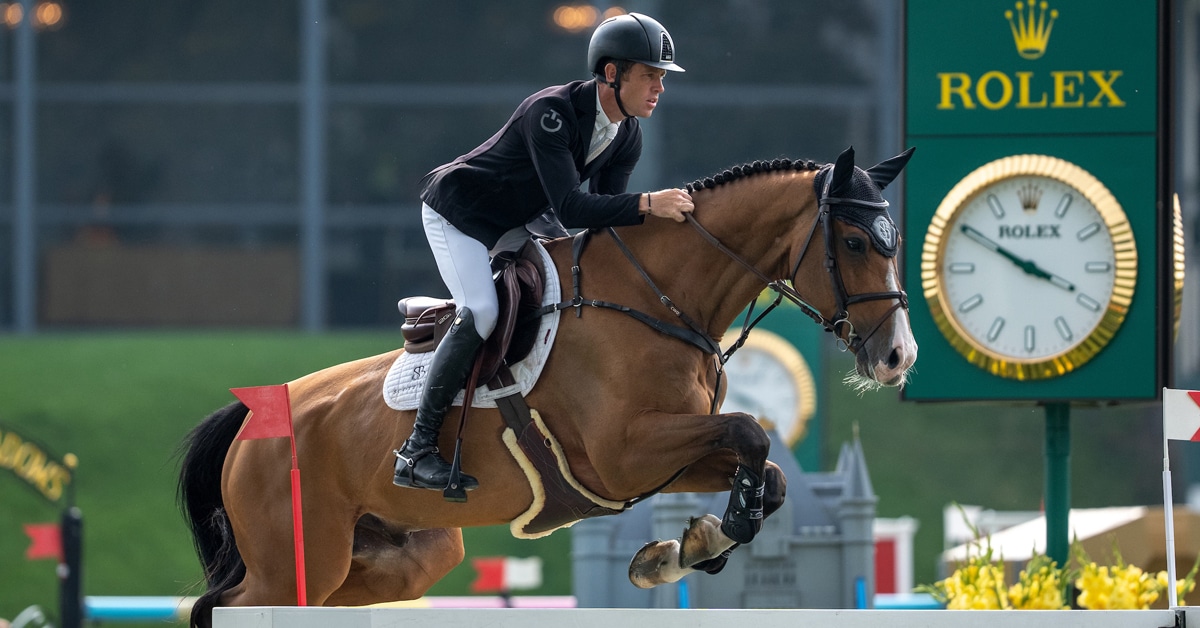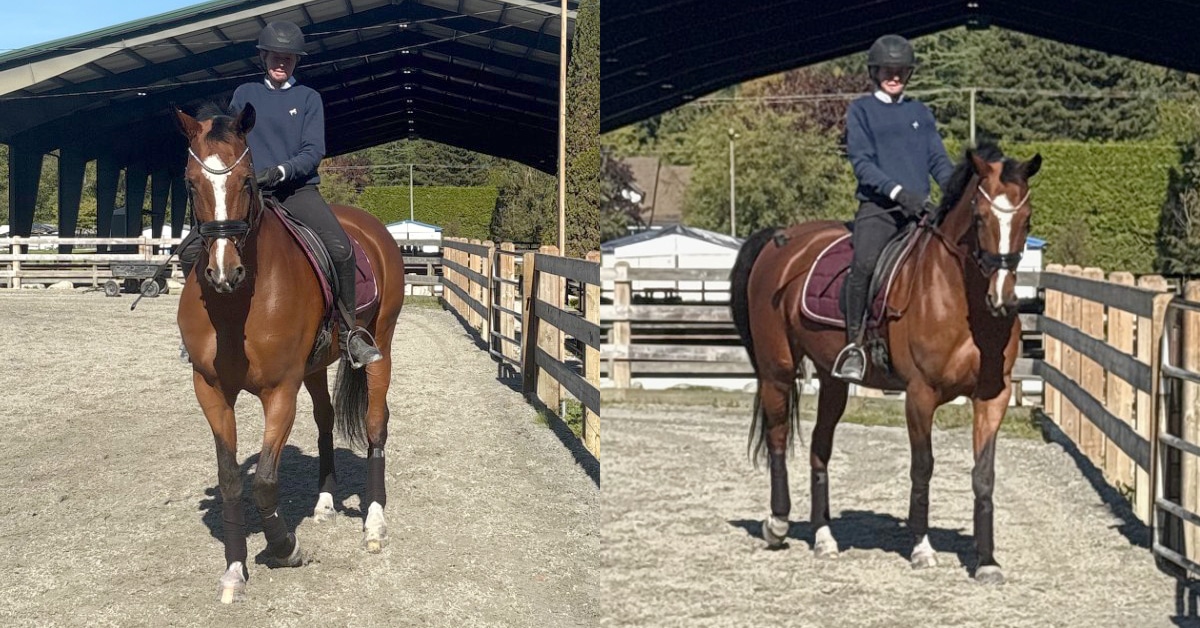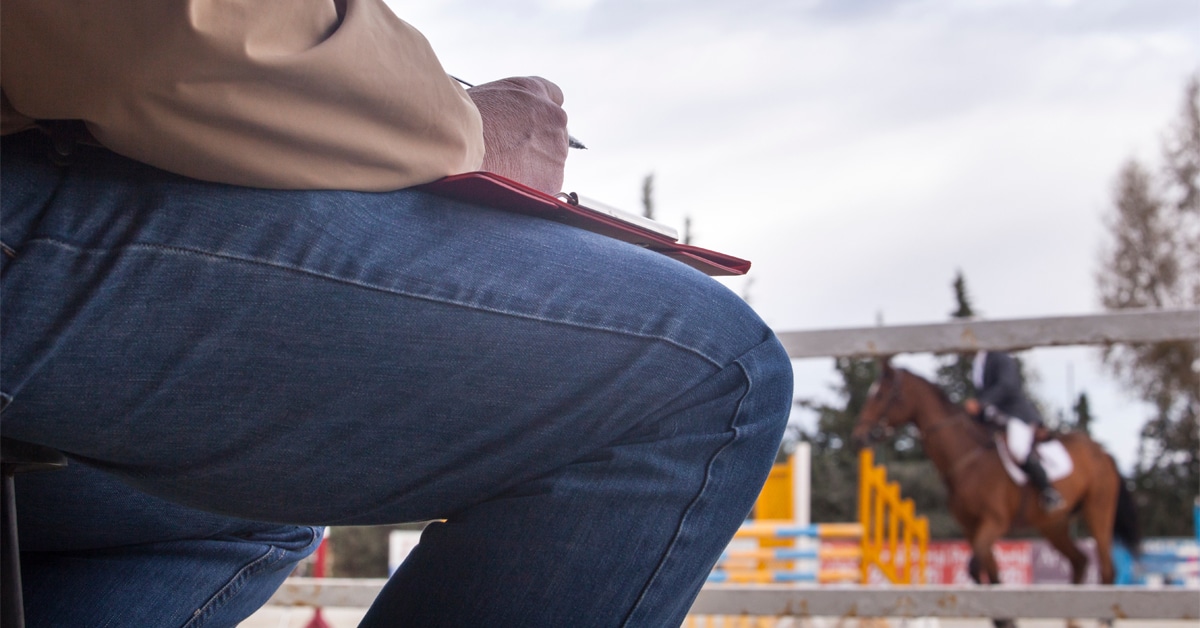At the GRIT seminar held by Ontario Equestrian and hosted at Adena Springs in Aurora, Ontario, in September 2020, ten-time Olympian Ian Millar drew on his vast background of experience to speak on a variety of subjects including what makes a student a successful rider, and how to draw on other sports for valuable insights.
“It’s not the strongest or the smartest of the species that will survive ‒ it’s the one that is willing to change. In sport or in business it’s exactly the same; you have to be the engine of evolution. If you are behind, you’ve missed the curve. You have to see it coming and position yourself, and to do that you have to be a student of your job.
I find the evolution of our sport highly interesting and as a rider of my longevity I’ve had to evolve throughout the entire process. I’ve seen various riders that I grew up with who wouldn’t change. They just kept doing things exactly the same way and eventually they got stuck because they didn’t evolve as riders. Once they stopped evolving, they stopped being successful.
There is so much information outside the horse world that you can borrow and apply to your own evolution. I’ve become far more a student of that kind of thing than I ever was before. I really take advantage of the wealth of knowledge, especially on the human side where they are dealing with all of the multi-million-dollar football and basketball players. They know how to take care of those boys because if you break them that’ll cost you a lot of money! But if they do break them, they sure know how to fix them and have them back in the game in a hurry. There are lessons to be learned all over the place that you can apply to yourself. All you have to do is be a good student.
You can learn so many lessons from other sports. Tim Worden [a sports scientist based in Toronto] has many degrees and titles behind him and is a great analyst of sports. He once sent me an article about sprinters and the way they came out of the starting blocks. There is a classically correct way they should do it to be fastest. They identified some sprinters that came out of the blocks just fine, but they weren’t classically correct, so they set about correcting their style. But guess what happened? They got slower.
I read this with interest because, of course, I apply all things to horses. Sometimes you’ll get a horse that doesn’t do things in a classically correct way. It’s important to analyze whether that is something you should change or leave alone ‒ because sometimes you just need to leave it alone.
We can all recall horses that have been famous grand prix athletes that didn’t have classically correct technique, but they do it all day long and never knock a rail down because of it. Somewhere along the way that style was left alone; had that been monkeyed with, that horse might not have become the success it was.
I always lecture my students on the importance of being a good student. If you look at any field, whether it’s in business or sports, the best of the best all have one thing in common: they are students and always learning. If you are a good student you will never truly ‘lose’ a competition. One of two things will happen when that competition is over: either you’ve won or you’ve learned something, and if you’ve learned, you haven’t lost. You need to always have that mindset because success tends not to be a great teacher. Failure is a much better teacher. Accepting and utilizing that is a quality of a good student.”
The Latest
